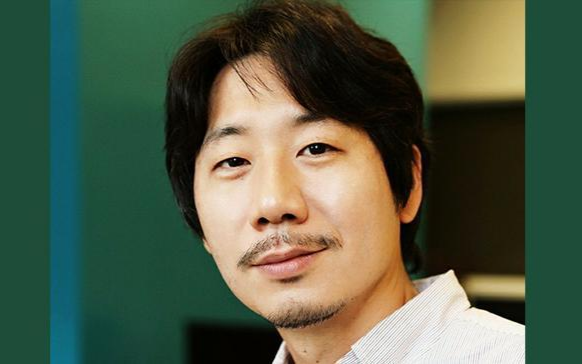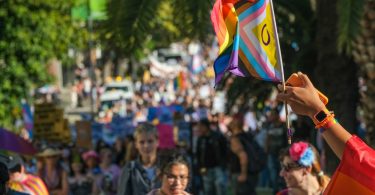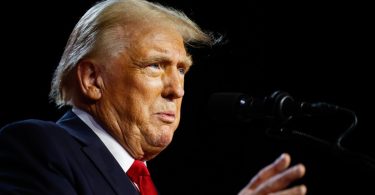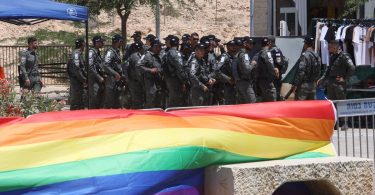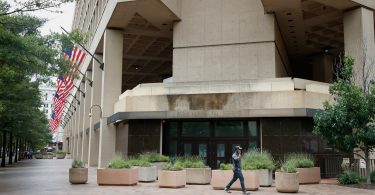Almost a quarter-century ago, when I was a cub reporter in Seoul, one of the first assignments that I was given was to cover the Seoul queer pride parade, which had just come into existence.
I followed a flamboyant collection of dancing geishas, strippers and wedding brides along the streets of Jongno, downtown Seoul. I then went to clubs and bars in Itaewon talking to LGBTQ community members.
I recall that the overall mood of the day was quite festive. Onlookers mostly cheered and clapped at the parade. In retrospect, I think the conservative Korean crowds mainly enjoyed what they regarded as a “unique show,” while not necessarily approving of the festival and overall LGBTQ rights in Korea. Still, it was peaceful, fun and everybody seemed to have a good time. Ordinary people and the media were also starting to have nascent discussions on same-sex marriage and issues of discrimination against queer people.
The 2024 Seoul Queer Culture Festival has just taken place over the weekend. And like last year, it came with a good deal of backlash. This year’s parade was denied taking place in its usual spot, Seoul Plaza in front of Seoul City Hall, because officials were reportedly worried about it causing social disruption. This came after the 2023 event in which Seoul city officials controversially replaced the parade with a Christian youth concert, and in the southern city of Daegu, officials and anti-gay protesters there physically clashed with police who were ensuring the parade organizers’ rights to peaceful assembly.
It seems to me that the country has almost regressed in terms of LGBTQ rights and issues over the past 25 years. With the backing of a current conservative political regime, anti-LGBTQ protests have become more vociferous. Meanwhile, few discuss the actual human rights issues concerning the LGBTQ community in Korea. Support for same-sex marriage in the country remains low at 30 percent to 40 percent, according to Gallup polls.
Korea, considering its economic and cultural clout in the world, is far behind in terms of LGBTQ rights and issues compared to other developed countries. Let alone North American and Western European counterparts, Koreans’ support for same-sex marriage lags behind other supposedly conservative Asian countries like Taiwan, Thailand and Japan, according to Pew Research. And Korea does not have national laws that protect sexual minorities against discrimination. LGBTQ community members thus routinely experience harassment, bullying and other types of discrimination and unfair treatment.
Korea is a unique amalgam of religions and ideologies. The country has a large number of Christians, with many adhering to fundamental evangelical beliefs that typically oppose homosexuality. And the traditional Confucianism that emphasizes heteronormativity and familial bonds considers homosexuality harmful to society. Add to that mix the tradition of collectivism which values social harmony, and homosexuality becomes a disease that hurts a harmonious social order. These forces exercise quite a strong influence on politics that hinders legislation that would help LGBTQ people and their human rights.
I hope Korea catches up with other developed democracies in terms of protecting and promoting the rights of minorities. I don’t know when, but I hope to see a fun and festive Pride event again soon.
Min Seong-jae ([email protected]) is a professor of communication and media studies at Pace University in New York. He is a 2023–24 Fulbright U.S. Scholar to Korea.

